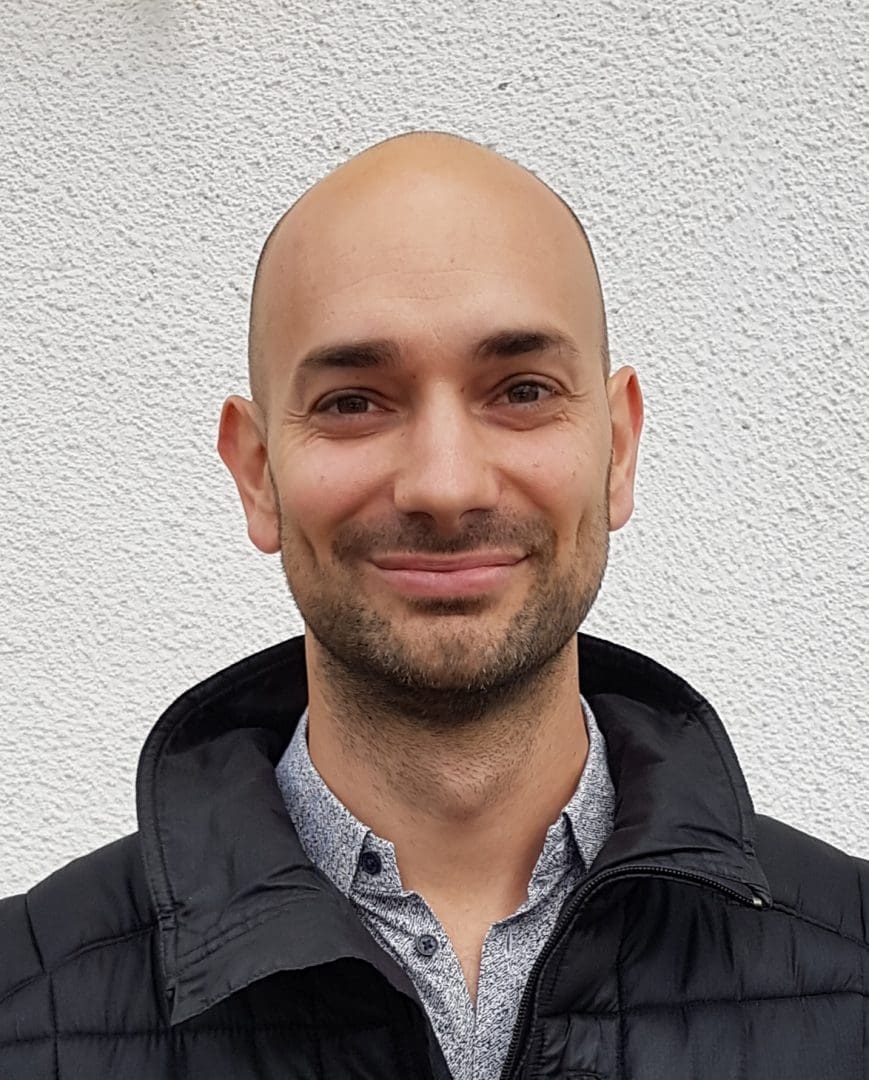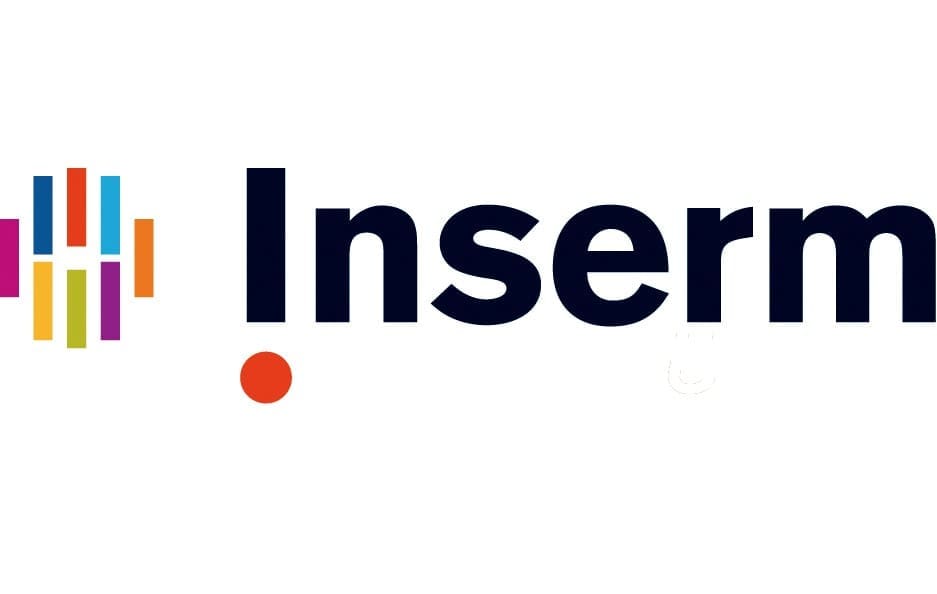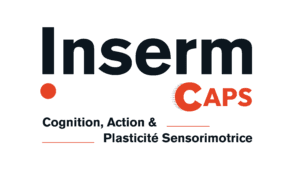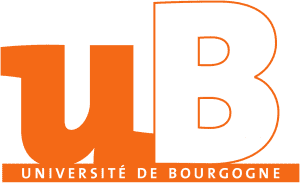2021
Ladda AM, Lebon F, Lotze M (2021) Using motor imagery practice for improving motor performance - A review. Brain and Cognition 150:105705. (IF : 3,10)
Neige C, Lebon F, Mercier C, Gaveau J, Papaxanthis C, Ruffino C (2021) Pain, No Gain: Acute Pain Interrupts Motor Imagery Processes and Affects Mental Training-Induced Plasticity. Cerebral Cortex. 32(3):640-651 (IF : 5,92)
Ruffino C, Rannaud Monany D, Papaxanthis C, Hilt P, Gaveau J, Lebon F (2021) Smoothness discriminates physical from motor imagery practice of arm reaching movements. Neuroscience 483:24-31. (IF : 3,88)
Ruffino C, Truong C, Dupont W, Bouguila F, Michel C, Lebon F, Papaxanthis C (2021) Acquisition and consolidation processes following motor imagery practice. Scientific Reports 11(1):2295. (IF : 5,13)
2020
Neige C, Rannaud Monany D, Stinear CM, Byblow WD, Papaxanthis C, Lebon F (2020) Unravelling the Modulation of Intracortical Inhibition during Motor Imagery: An Adaptive Threshold-Hunting Study. Neuroscience 434:102-110. (IF: 3,59)
Neige C, Grosprêtre S, Martin A, Lebon F (2020) Influence of Voluntary Contraction Level, Test Stimulus Intensity and Normalization Procedures on the Evaluation of Short-Interval Intracortical Inhibition. Brain Sciences 10(7):433. (IF: 3,39)
2019
Grosprêtre S, Lebon F, Papaxanthis C, Martin A (2019). Spinal plasticity with motor imagery practice. Journal of Physiology597(3) : 921-934. (IF : 4,6)
Labruna L, Tischler C, Cazares C, Greenhouse I, Duqué J, Lebon F, et al. (2019) Planning Face, Hand, and Leg Movements: Anatomical Constraints on Preparatory Inhibition. Journal of Neurophysiology 121(5):1609-1620 (IF : 2,23)
Lebon F, Ruffino C, Greenhouse I, Labruna L, Ivry RB, Papaxanthis C(2019) The Neural Specificity of Movement Preparation During Actual and Imagined Movements. Cerebral Cortex 29(2):689-700. (IF : 5,04)
Ruffino C, Bourrelier J, Papaxanthis C, Mourey F, Lebon F (2019) The use of motor imagery training to retain the performance improvement following physical practice in the elderly.
Experimental Brain Research 237(6):1375-1382
https://doi.org/10.1007/s00221-019-05514-1 (IF : 1,59)
Ruffino C, Gaveau J, Papaxanthis C, Lebon F (2019) An acute session of motor imagery training induces use-dependent plasticity. Scientific Reports 9:20002. (IF : 4)
2018
Lebon F, Horn U, Domin M, Lotze M (2018) Motor imagery training: Kinesthetic imagery strategy and inferior parietal fMRI activation. Human Brain Mapping 39:1805–13. (IF : 4,56)
Traverse E, Lebon F, Martin A (2018) Corticospinal and Spinal Excitabilities Are Modulated during Motor Imagery Associated with Somatosensory Electrical Nerve Stimulation. Neural Plasticity 2018:8265427 (IF : 3,59)
2017
Ruffino C, Papaxanthis C, Lebon F (2017) Neural plasticity during motor learning with motor imagery practice: Review and perspectives. Neuroscience 341:61–78. (IF : 3.38)
Grosprêtre S, Jacquet T, Lebon F, Papaxanthis C, Martin A (2017) Neural mechanisms of strength increase after 1-week motor imagery training. European Journal of Sport Science 18(2):209-218 (IF : 2.58)
Ruffino C, Papaxanthis C, Lebon F (2017) The influence of imagery capacity in motor performance improvement. Experimental Brain Research 235:3049–3057 (IF : 1.81)
2016
Grosprêtre S, Ruffino C, Lebon F (2016) Motor imagery and cortico-spinal excitability: A review. European journal of sport science 16:317-324. (IF : 1.79)
Bodranghien F, Manto M, Lebon F (2016) Enhancing transcranial direct current stimulation via motor imagery and kinesthetic illusion: crossing internal and external tools. Journal of neuroengineering and rehabilitation 13(1):50. (IF : 3.52)
Grosprêtre S, Lebon F, Papaxanthis C, Martin A (2016) New evidence of corticospinal network modulation induced by motor imagery. Journal of neurophysiology 115:1279-1288. (IF : 2.4)
Lebon F, Greenhouse I, Labruna L, Vanderschelden B, Papaxanthis C, Ivry RB (2016) Influence of Delay Period Duration on Inhibitory Processes for Response Preparation. Cerebral Cortex 26:2461-2470. (IF : 6.56)
Rozand V, Lebon F, Stapley PJ, Papaxanthis C, Lepers R (2016) A prolonged motor imagery session alter imagined and actual movement durations: Potential implications for neurorehabilitation. Behavioral Brain Research 297:67-75. (IF : 2.98)



